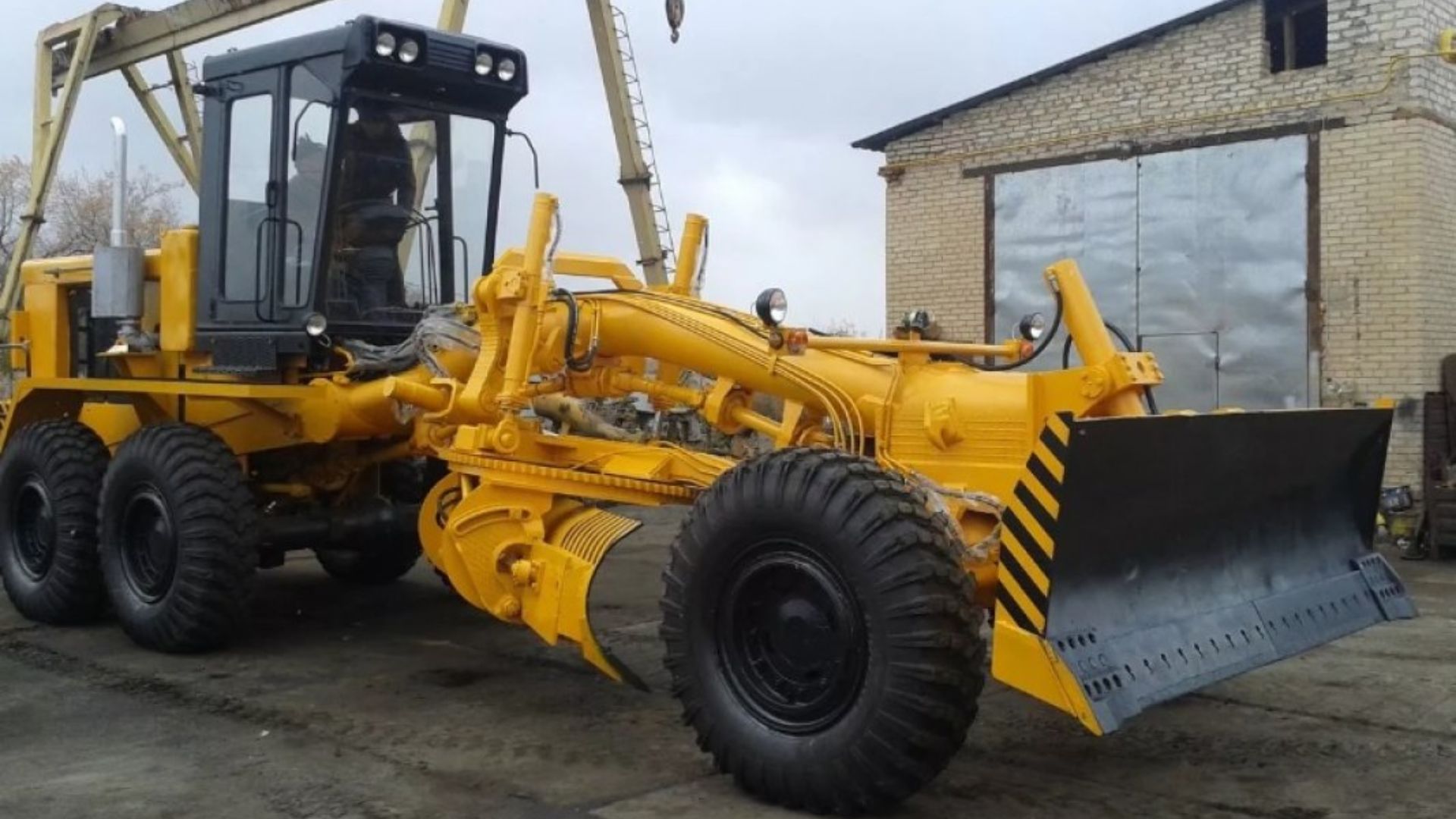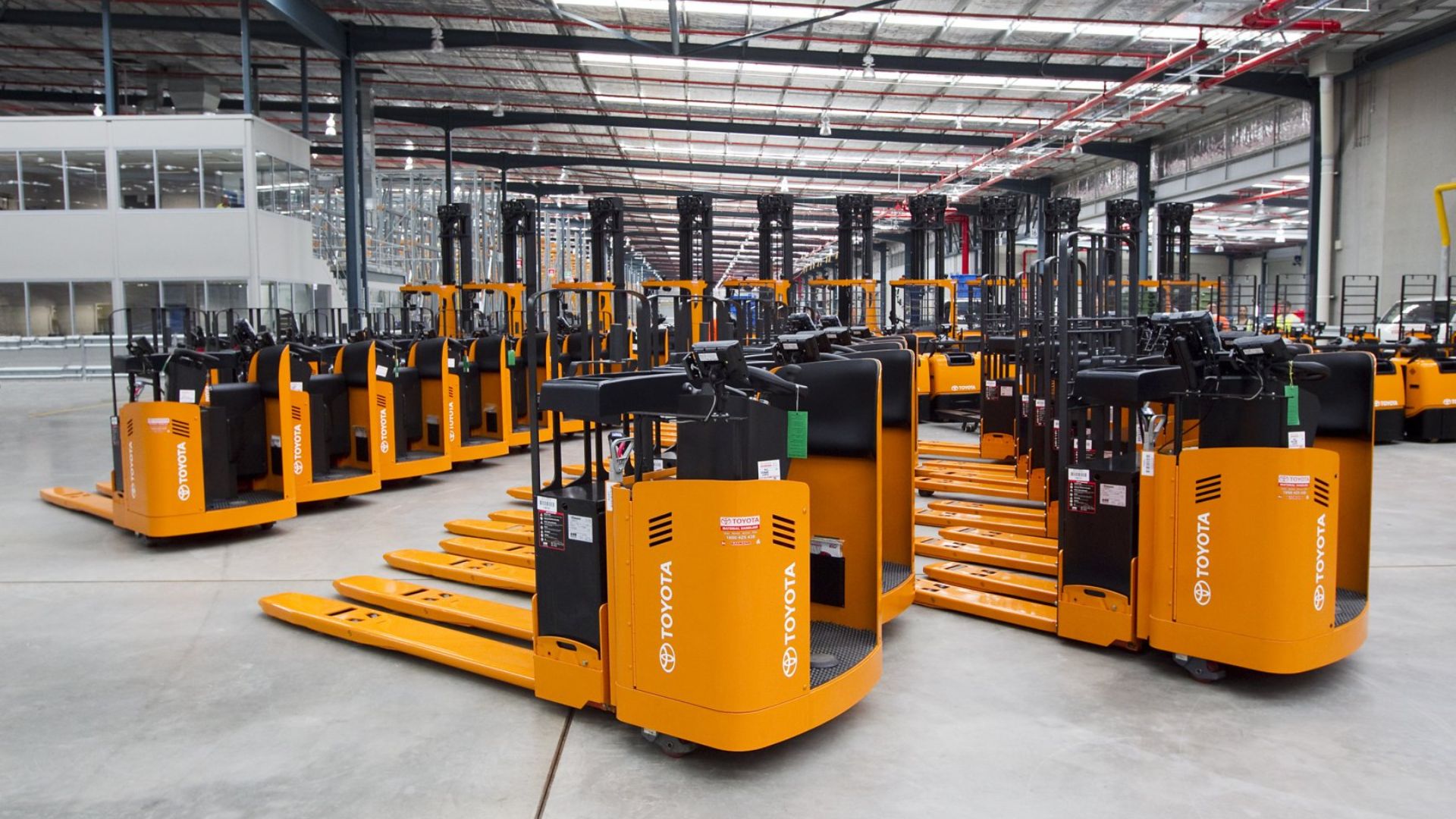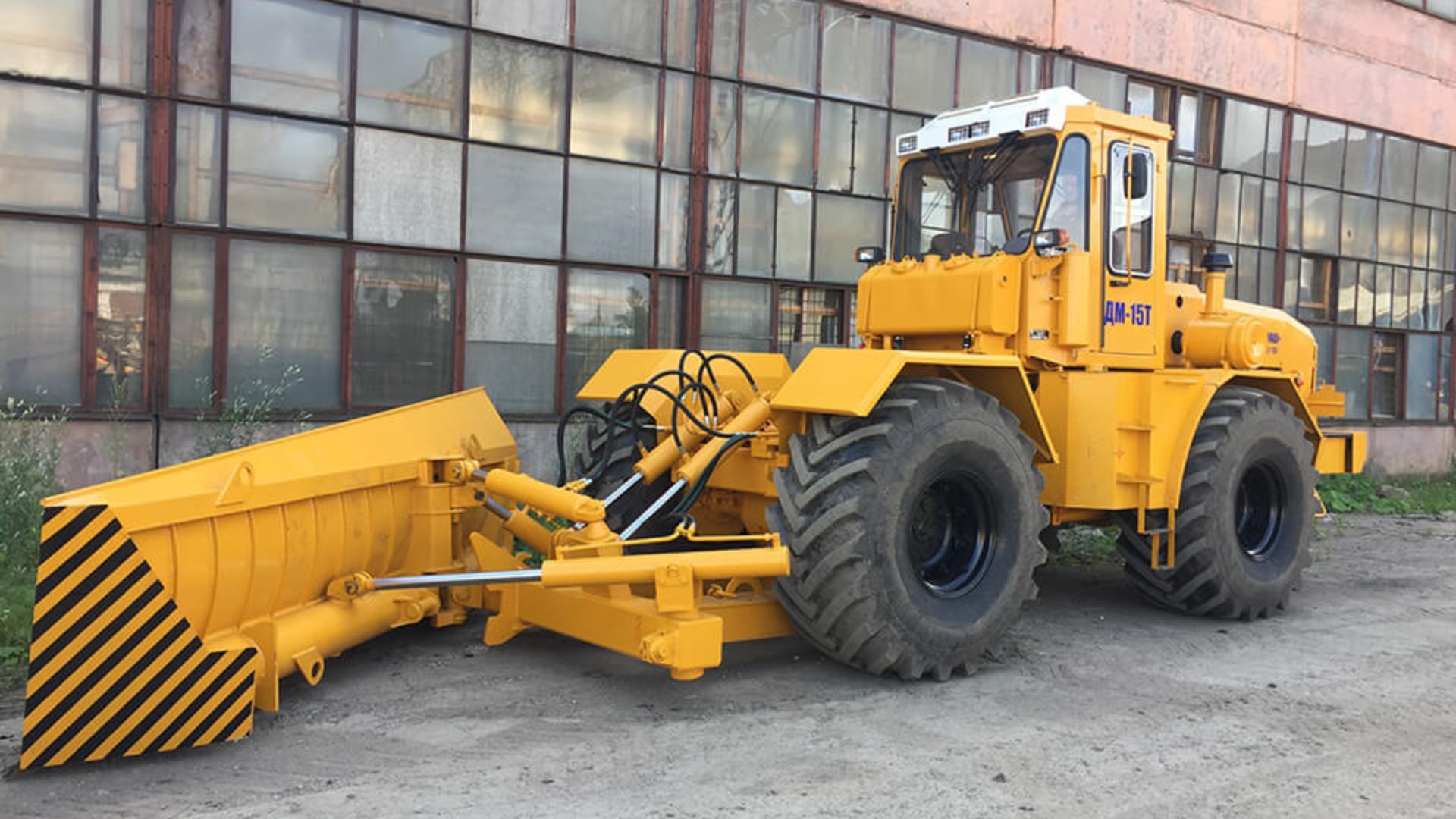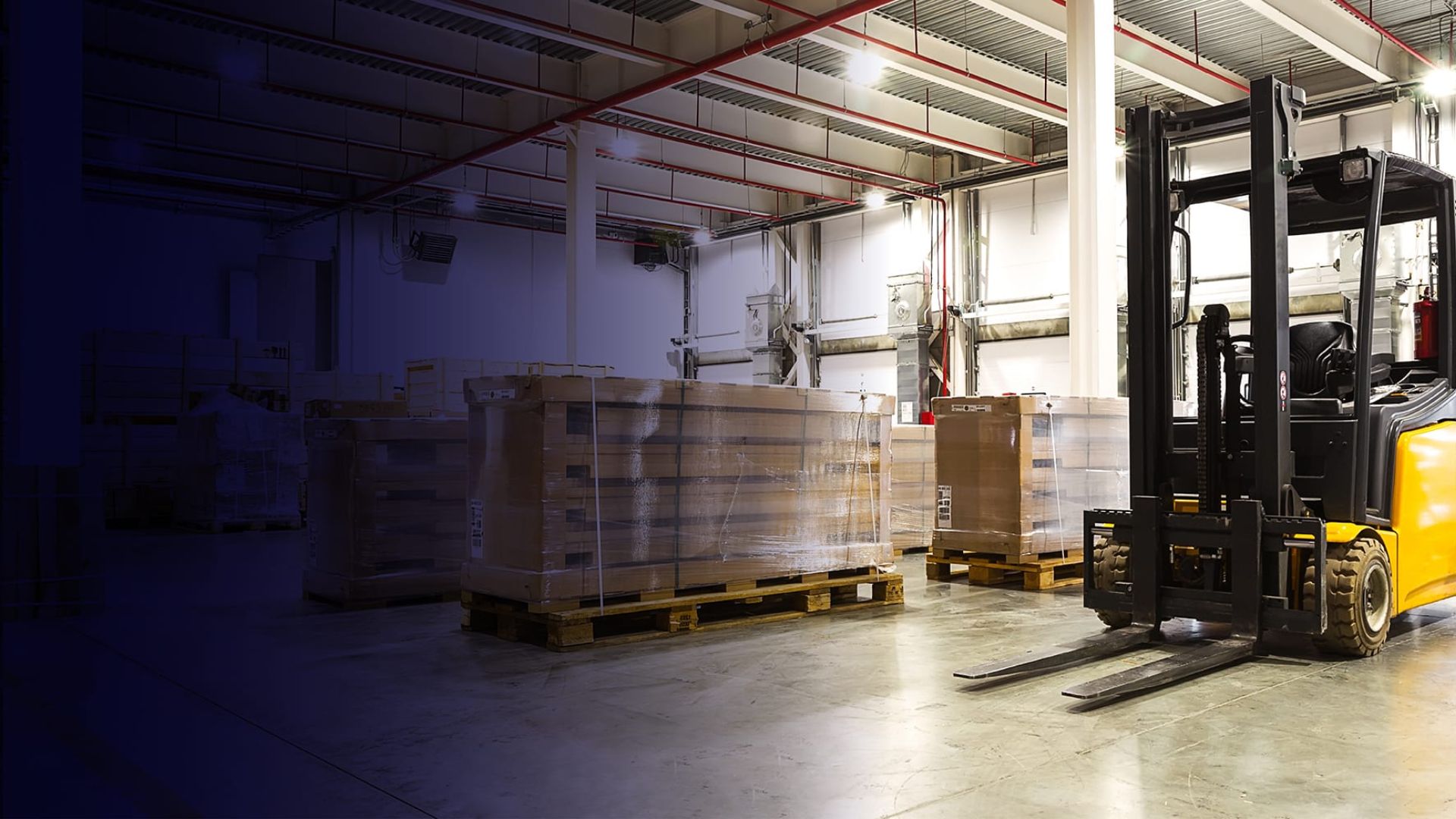Efficient material handling is essential for businesses involved in construction, logistics, warehousing, and manufacturing. Whether you need forklifts, cranes, pallet jacks, or conveyors, having the right equipment can improve productivity and reduce operational costs. While purchasing heavy machinery may seem like a long-term investment, many businesses prefer Material Handling Equipment Rental as a flexible and cost-effective alternative.

Why Rent Material Handling Equipment?
Investing in material handling equipment requires a significant financial commitment, ongoing maintenance, and storage space. Renting, on the other hand, provides businesses with the flexibility to use the latest technology without the burden of ownership. Below are the key advantages of choosing Material Handling Equipment Rental for your business operations.
1. Cost Savings and Budget Flexibility
One of the biggest advantages of renting material handling equipment is cost savings. Buying new machinery requires a large upfront investment, while renting allows businesses to allocate their budget more efficiently. By choosing a rental solution, companies can:
- Avoid heavy capital expenditures.
- Reduce maintenance and repair costs.
- Pay only for the equipment when it’s needed.
This financial flexibility enables businesses to allocate resources to other critical areas, such as workforce development and operational expansion.
2. Access to the Latest Equipment and Technology
The material handling industry is constantly evolving, with manufacturers introducing more efficient and eco-friendly models. Renting ensures that businesses have access to the latest equipment with advanced features, including automation, improved safety, and better fuel efficiency. This advantage helps companies stay competitive without worrying about outdated machinery.
3. No Maintenance or Repair Hassles
Owning material handling equipment comes with the responsibility of regular maintenance and unexpected repair costs. With rental services, these concerns are eliminated, as rental providers handle servicing and repairs. This ensures:
- Reduced downtime due to equipment failure.
- Compliance with safety and operational standards.
- Improved efficiency with well-maintained machines.
By avoiding the costs and labor associated with maintenance, businesses can focus on their core operations.
4. Scalability and Project-Specific Solutions
Different projects require different types of material handling equipment. Renting allows businesses to scale their operations without committing to long-term investments. Whether you need a forklift for a short-term warehouse project or a crane for a construction site, Material Handling Equipment Rental provides customized solutions based on project requirements.
5. Storage and Space Optimization
Owning heavy machinery requires ample storage space, which can be a challenge for many businesses. Renting eliminates the need for additional storage, as equipment is returned once the job is completed. This helps in better space management, especially for businesses with limited facilities.

Conclusion
For businesses looking for reliable Material Handling Equipment Rental, WHITE FIELD GENERAL TRANSPORT offers top-quality machinery, flexible rental plans, and excellent customer service. With a strong commitment to efficiency and affordability, WHITE FIELD GENERAL TRANSPORT ensures that your business operations run smoothly without the burden of equipment ownership.




